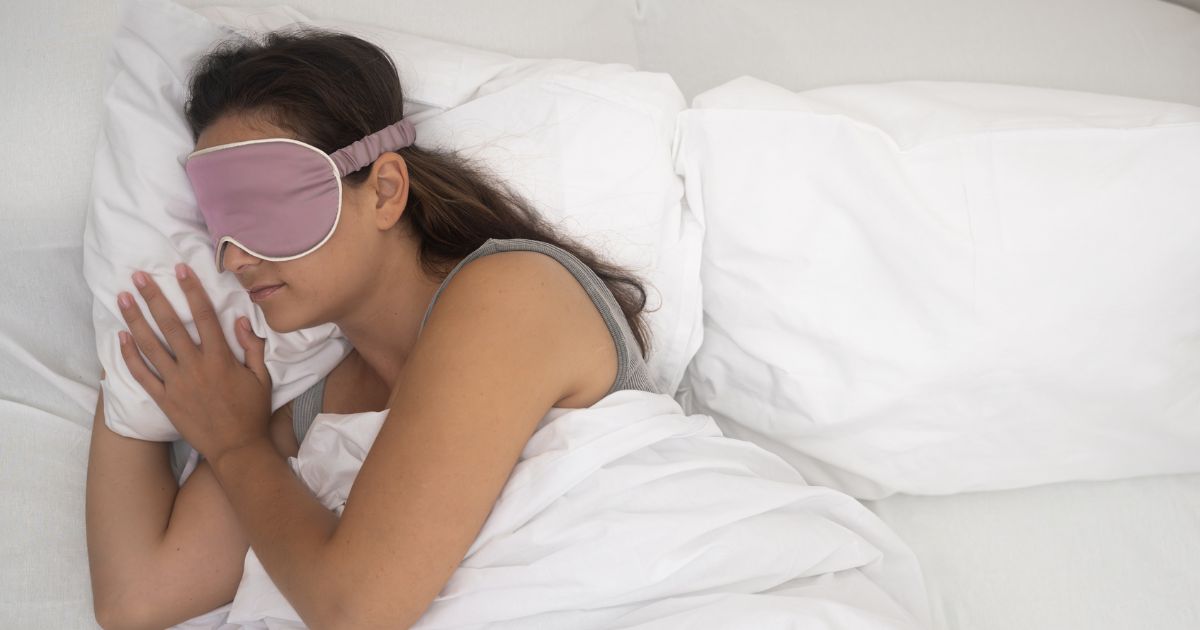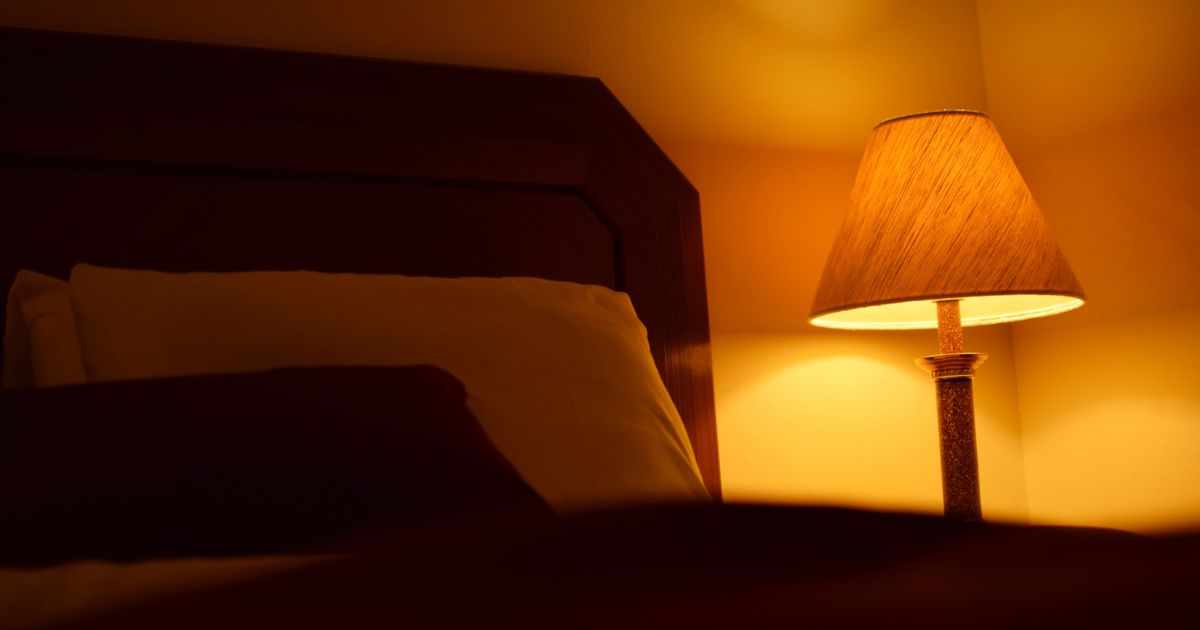There’s nothing quite like waking up after a night of deep, restorative sleep—feeling energized, refreshed, and ready to take on the day. Yet, for many of us, that kind of sleep feels more like a distant dream than a reality. Whether it’s the constant tossing and turning or the disruptive sound of snoring, poor sleep can take a toll on your health and happiness. But what if you could make a few simple lifestyle changes that not only improve your sleep but also help you breathe easier through the night?
Imagine drifting off effortlessly each night, waking up without the grogginess, and reducing those annoying snoring sounds that keep you from getting a good night’s rest. It’s possible—and it starts with adopting healthy sleep habits. In this blog, we’ll explore five powerful lifestyle changes that can transform your sleep experience, helping you wake up feeling truly rested and rejuvenated.
1. Establish a Consistent Sleep Schedule
One of the most effective healthy sleep habits is maintaining a regular sleep schedule. Going to bed and waking up at the same time every day helps regulate your body’s internal clock, making it easier to fall asleep and wake up naturally.

Why Consistency Matters
When you stick to a consistent sleep schedule, your body becomes accustomed to a routine, which can improve the quality of your sleep. This regularity can also reduce the likelihood of insomnia, making it easier for you to drift off to sleep each night. Furthermore, a consistent sleep schedule can help minimize snoring, as irregular sleep patterns often contribute to sleep disruptions that exacerbate snoring.
Tips for Maintaining a Sleep Schedule
- Set a bedtime that allows for 7-9 hours of sleep each night.
- Avoid drastic changes to your sleep routine on weekends.
- Create a relaxing pre-sleep routine to signal to your body that it’s time to wind down.
2. Optimize Your Sleep Environment
Your sleep environment plays a significant role in the quality of your sleep. A comfortable and calming bedroom can encourage deeper sleep and reduce snoring.
Key Elements of a Sleep-Friendly Environment
- Temperature: Keep your bedroom cool, ideally between 60-67°F, as this temperature range promotes better sleep.
- Lighting: Eliminate as much light as possible from your sleeping area. Consider using blackout curtains and minimizing the use of electronic devices before bed to reduce exposure to blue light.
- Noise Control: Use earplugs or white noise machines to drown out disruptive sounds that could interfere with your sleep.
- Bedding: Invest in a comfortable mattress and pillows that provide adequate support for your body. Consider using an anti-snoring pillow, which can help keep your airways open.
Small Adjustments, Big Results
Even minor changes to your sleep environment, such as adjusting your pillow or removing electronic devices, can make a substantial difference in achieving healthy sleep habits. These adjustments not only improve sleep quality but can also reduce snoring by promoting better breathing.

3. Focus on Diet and Hydration
What you eat and drink can significantly impact your sleep patterns and your tendency to snore. Certain foods and beverages can either promote or hinder a good night’s sleep.
Foods to Avoid Before Bed
- Heavy Meals: Eating large meals before bed can lead to discomfort and indigestion, which can disrupt your sleep. Aim to have dinner at least 2-3 hours before bedtime.
- Caffeine and Nicotine: Both of these substances are stimulants that can keep you awake and make it difficult to fall asleep. Limit their intake, especially in the hours leading up to bedtime.
- Alcohol: While alcohol might make you feel sleepy initially, it can interfere with your sleep cycle and exacerbate snoring.
Foods and Drinks for Better Sleep
- Herbal Teas: Chamomile or valerian root teas can help you relax and prepare for sleep.
- Magnesium-Rich Foods: Foods like spinach, almonds, and avocados are rich in magnesium, which can promote relaxation and better sleep.
By making mindful choices about your diet and hydration, you can establish healthy sleep habits that support restful sleep and reduce the risk of snoring.
4. Incorporate Regular Exercise
Regular physical activity is one of the best ways to improve your sleep and reduce snoring. Exercise helps to regulate your sleep-wake cycle and can contribute to a deeper, more restorative sleep.
The Link Between Exercise and Sleep
Engaging in physical activity during the day increases your overall energy expenditure, making it easier to fall asleep at night. Exercise also reduces stress and anxiety, which are common culprits behind sleep disturbances.
Best Types of Exercise for Sleep
- Cardio Workouts: Activities like walking, running, or cycling can enhance your cardiovascular health and improve your sleep quality.
- Strength Training: Building muscle mass through resistance exercises can improve your metabolism and promote better sleep.
- Yoga and Stretching: These practices not only relax your body but also improve your breathing, which can reduce snoring.
Timing Matters
While exercise is beneficial, it’s important to time your workouts appropriately. Avoid intense exercise close to bedtime, as it may energize you and make it harder to fall asleep. Instead, aim for morning or early afternoon workouts to align with your body’s natural rhythms.
5. Practice Good Sleep Hygiene
Sleep hygiene refers to a set of practices and habits that are conducive to sleeping well on a regular basis. By following good sleep hygiene, you can cultivate healthy sleep habits that last.
Key Sleep Hygiene Practices
- Limit Screen Time: The blue light emitted by phones, tablets, and computers can interfere with your ability to fall asleep. Try to turn off electronic devices at least an hour before bedtime.
- Mind Relaxation Techniques: Engage in activities that help you unwind, such as reading, meditation, or deep breathing exercises.
- Consistent Wake-Up Routine: Just as a consistent bedtime is important, so is a consistent wake-up time. This helps stabilize your circadian rhythm.
How Sleep Hygiene Reduces Snoring
Good sleep hygiene can directly influence your snoring habits. By establishing a consistent routine and creating a sleep-conducive environment, you can reduce the factors that lead to snoring, such as poor sleep posture and irregular sleep patterns. Additionally, a well-structured sleep routine helps maintain proper muscle tone in the throat, reducing the chances of airway collapse that can cause snoring. Moreover, by eliminating sleep disturbances, such as noise and light, you encourage deeper, more restorative sleep, further minimizing the frequency and intensity of snoring.

Conclusion
Adopting healthy sleep habits can dramatically improve your sleep quality and reduce snoring, leading to better overall health and well-being. By establishing a consistent sleep schedule, optimizing your sleep environment, focusing on diet and hydration, incorporating regular exercise, and practicing good sleep hygiene, you can create a foundation for restful nights and rejuvenated mornings.
Take the First Step to Better Sleep with Jacksonville Sleep Center
Ready to transform your sleep and finally wake up feeling refreshed? Jacksonville Sleep Center is here to help. Our team of sleep specialists can guide you through personalized strategies to enhance your sleep quality and address any underlying issues, such as snoring or sleep disorders. Start your journey toward better sleep today and experience the difference it can make in your life. Reach out to Jacksonville Sleep Center and take the first step toward healthier sleep habits.






